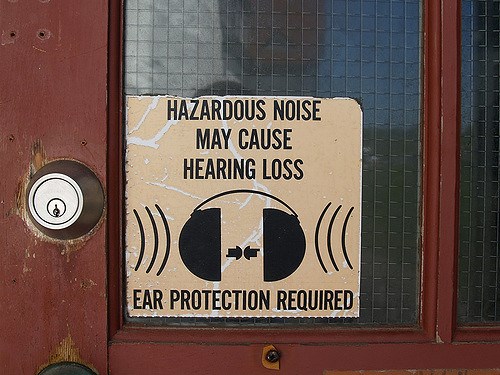The Western Institute for the Deaf and Hard of Hearing is celebrating 60 years of helping the deaf and hard of hearing, 60 years of offering programs and services no other clinic in B.C. offers and 60 years of contributing to an inclusive society in which everyone can participate.
“Since we’re a non-profit organization, everything we do here is all about the programs and nothing else,” Ellen Zheng, a representative at the institute told the Courier. “We’re the only place in B.C. that can say that.”
The resources include hearing aids, sign language and employment counselling services, a seniors’ outreach program and job resource centre. The institute also houses a communication devices showroom, which allows clients to test devices, such as hearing aids or a vibrating alarm clock, before they’re purchased. To that end, the institute served more than 10,000 clients in 2015.
“That’s 10,000 more people who, without the WIDHH, wouldn’t have the possibility to communicate and participate in society,” says Zheng.
That number has grown since 2008, when the non-profit social service program helped 8,000 clients. That demand is going to keep growing as the Canadian population continues to change, says Grace Shyng, the head of audiology at the institute.
“The Canadian population is growing older, which means that our services will be needed that much more,” says Shyng, who noted more than half of the North American population over 65 experience hearing loss.
Shyng, who has worked at the western institute since 1994, attributes the majority of hearing loss cases to noise exposure and old age. Other common causes of hearing loss are ear infections, genetics and congenital hearing loss.
“Once you hit your mid-30s, you should start getting your hearing checked regularly,” Shyng says, who recommends a check up every two years. “But getting a baseline hearing test is always a good idea at any age.”
The first step to take when you start to lose your hearing is to see an audiologist and book a hearing test. Shyng warns against free hearing tests as they are often connected to marketing plans. And while she recommends the western institute, a private organization or your local hospital, she warns the waitlists can be long.
She advises potential clients to be ready to ask lots of questions and bring a family member or friend along due to the vast amount of information often provided at these tests. Shyng compares using a hearing aid to getting a new arm or leg.
“You’re re-learning how to hear the sounds you haven’t heard in a long time, it’s a life-long process,” says Shyng, who suggests choosing a doctor you trust and will want to work with for a long time.
Zheng adds, “Communication is essential to all people and hearing is a crucial part in socializing. That’s what we focus on here, bringing people together.”
First signs you’re losing your hearing
Shyng says to watch — or listen — for these telltale signs of hearing loss:
· You start to notice that you’re asking people to repeat themselves and you find yourself saying “pardon me” a lot.
· You have difficulty hearing in noisy places, such as malls or restaurants.
· You can’t hear conversations or noises over the television or radio clearly.
· It sounds like everyone around you is mumbling.
· You have an increased sensitivity to loud sounds.



